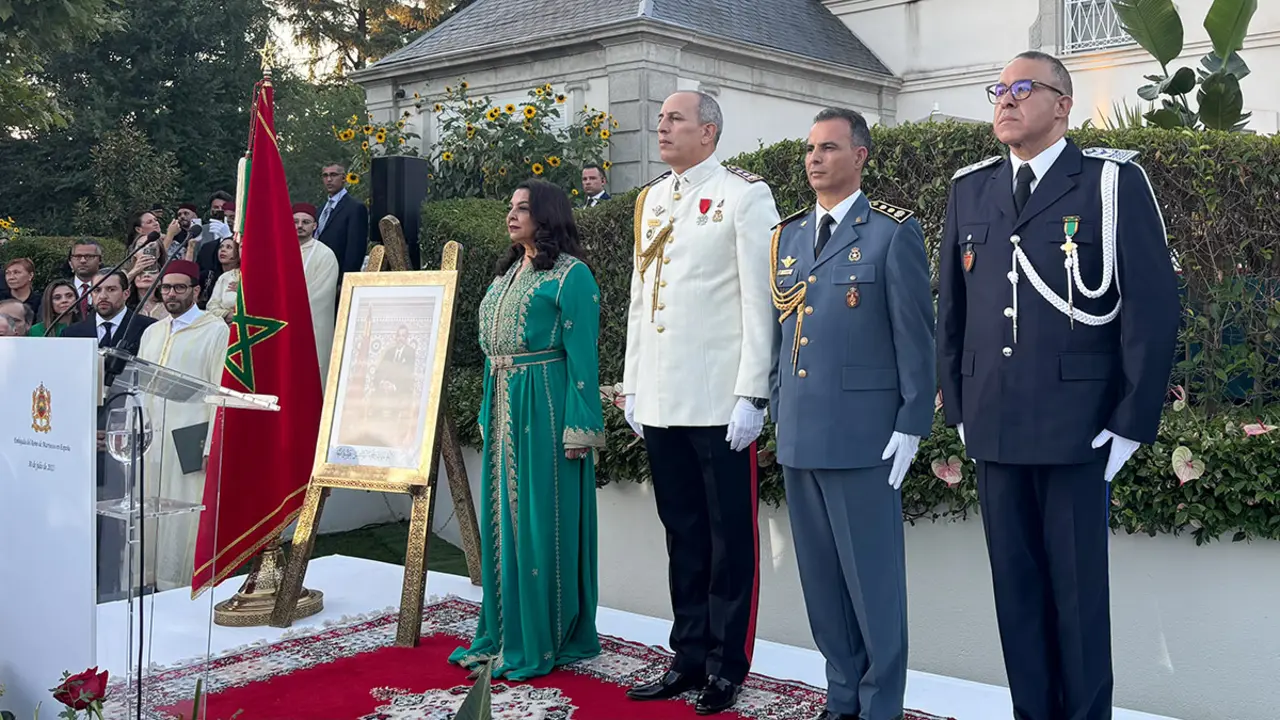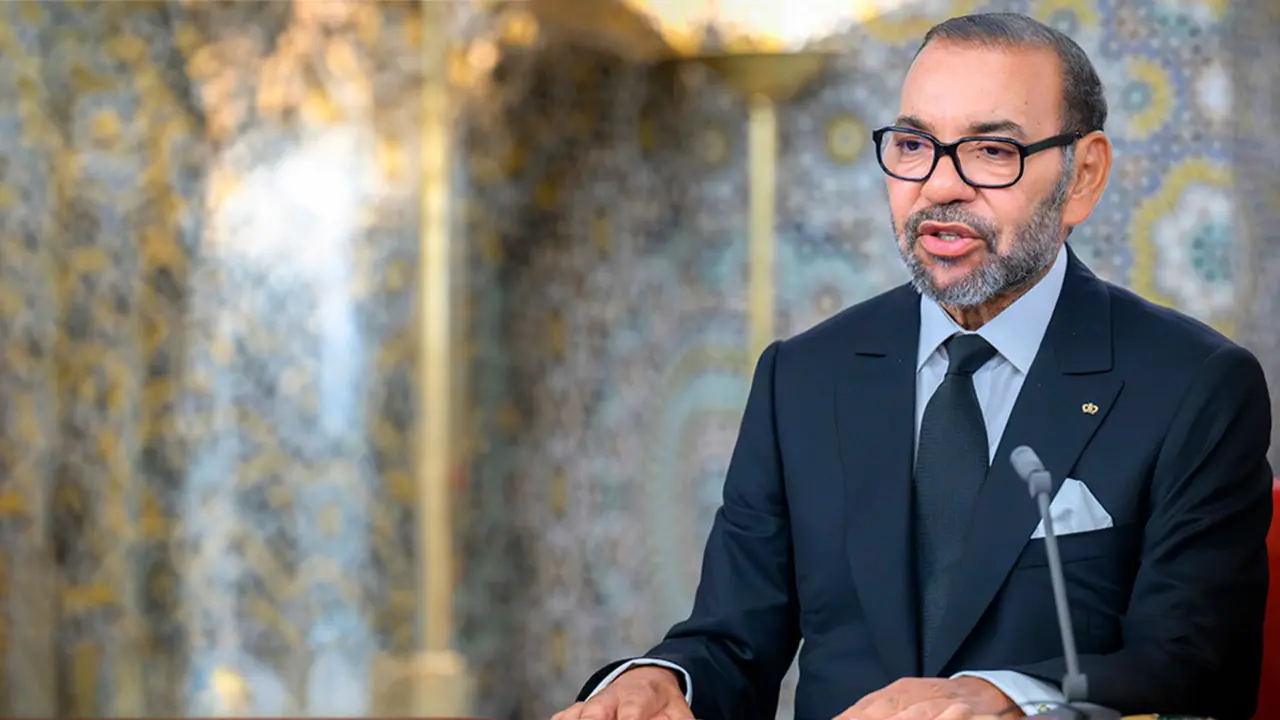Egypt and the democratic charade
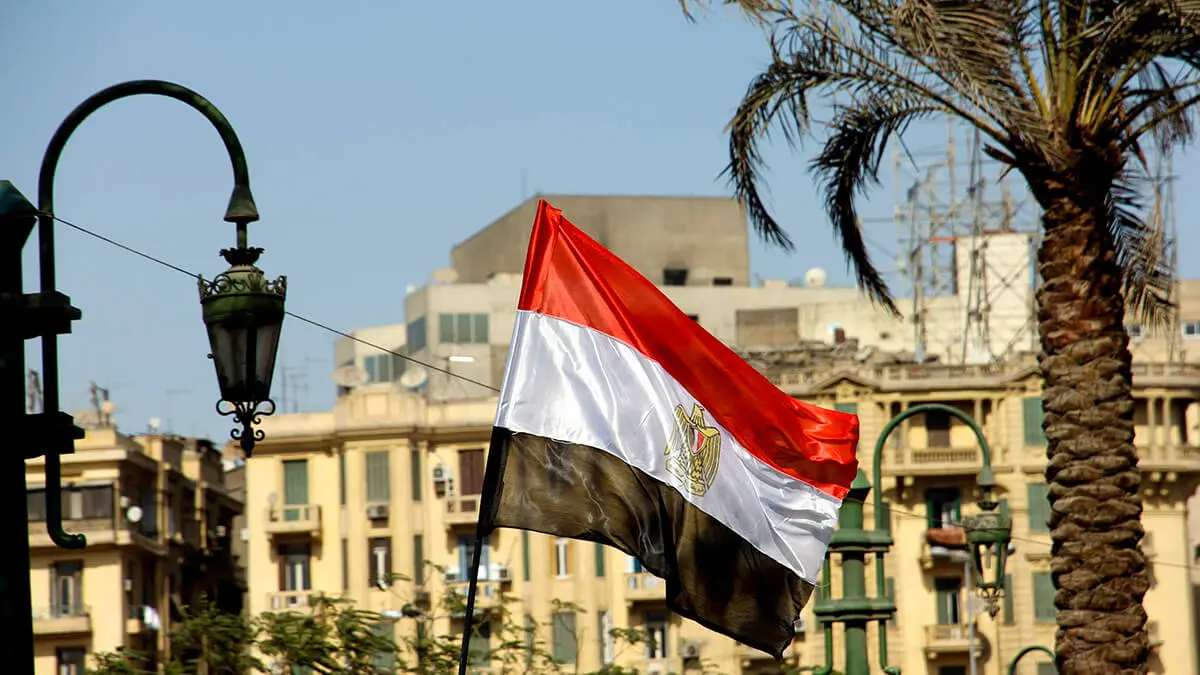
- A contest without competition or real alternatives
- Restriction and favouritism
- A Senate with no real functions or political legitimacy
- From apathy to ‘political suicide’, warnings ignored
- An empty rehearsal before the real legislative showdown
As the electoral machinery gets into gear in Egypt, the process to renew the Senate is proceeding without tension or surprises. The Egyptian Senate elections will be held on 1 and 2 August abroad, and on 4 and 5 August within Egypt. The institutional structure and rules of the game favour the parties aligned with the ruling power, while political representation is increasingly detached from the daily lives of the majority.
A contest without competition or real alternatives
The deadline for submitting candidacies confirmed what was already suspected: the electoral process will be virtually one-sided. In each of the four districts designated for the closed list system, only one list was submitted - the so-called ‘National List for Egypt’ - composed of 13 parties, most of them loyal to the regime. This situation guarantees automatic victory if they exceed just 5% of the votes, according to electoral law.
‘There is no competition, just going through the motions,’ says political scientist Saeed Sadiq. Of the 100 seats allocated by lists, 83 will go to pro-government parties, and the remaining 17 to nominally opposition parties, including the Egyptian Social Democratic Party and the Reform and Development Party, which agree to be part of the official list without making any political commitments. Despite their nuances, both groups have acknowledged that their participation is based on strategic logic rather than any real expectation of change.
Beyond the parties, the names behind the candidacies reflect another phenomenon: the growing control of the business community over politics. Figures such as Mohamed Halawa and Mohamed Al-Murshidi, linked to the real estate and industrial sectors, head the closed lists in Cairo. The private financing and economic profile of the candidates consolidate a political class disconnected from the concerns of citizens. Some pro-government parties have justified this trend by appealing to the ‘technical expertise’ of the candidates, but critical voices interpret it as a further step towards the privatisation of political power.
As former Minister of Social Solidarity and Professor of Political Economy Jouda Abdel Khaliq pointed out, Egypt is no longer facing ‘political paralysis’ but the ‘death of politics’. In a recent article, Abdel Khaliq warned that the system of absolute lists has emptied the electoral process of content, leaving voters without real choice and representatives without legitimacy. He denounced the ‘National List’ as competing against itself in a contest whose outcome is a foregone conclusion: ‘Birth with the taste of election.’

Restriction and favouritism
Added to this hegemony is the institutional siege against any alternative. Independent and small-party candidates denounce obstacles imposed by local and security authorities. They are prevented from organising events, putting up banners or accessing public spaces, while candidates on the official list enjoy total freedom. The imbalance is also reflected in unequal access to media and communication platforms, where critical voices have been systematically silenced or marginalised.
This institutional imbalance was confirmed by local officials, who admit to having received ‘direct instructions’ to facilitate the campaign of the ruling parties, especially the Future of the Homeland, the current parliamentary majority. Thus, the campaign is transformed into a sham where the rules of the game only apply to a few. Even mass events organised by the ruling party – such as those of the National Front, with tens of thousands of attendees – contrast with the opposition's inability to organise even minimal events without interference.
A candidate from the Al-Jil Party in the Dakahlia district explained that he was unable to obtain the necessary permits to hold a conference with his supporters, while candidates on the national list had unhindered access to public spaces and privileged street advertising. The pressure is also reflected in the fact that, of the 424 candidates admitted to compete for individual seats, at least 41 were excluded by rulings of the Administrative Court, amid complaints of manipulation and favouritism.
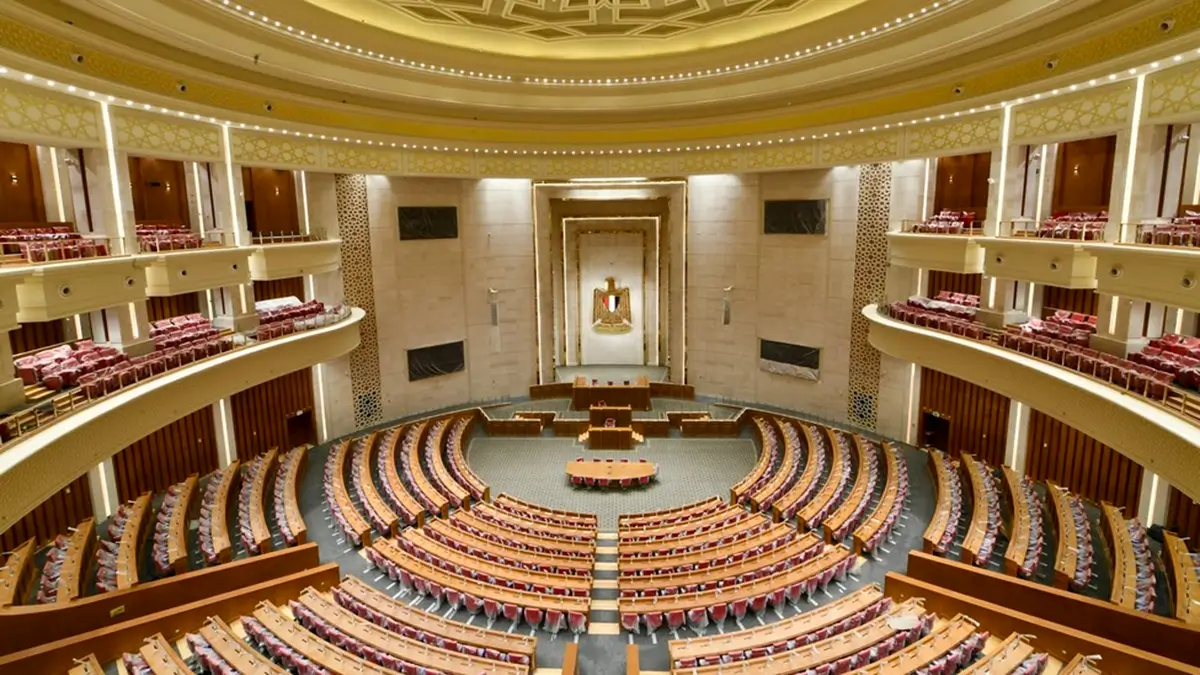
A Senate with no real functions or political legitimacy
Although the Egyptian Senate has 300 members – 100 from lists, 100 by individual vote and 100 appointed by the president – its role in practice is purely advisory. Article 249 of the current Constitution further reduces its powers, leaving the Senate as a decorative institution. In fact, at least 10% of its members must be women, a quota that, while formally met, does not translate into substantive or influential participation in the legislative process.
During the previous legislature, the Mostaqbal Watan-dominated Parliament was heavily criticised for acting as a ‘rubber stamp’ for the executive. The Senate runs the same risk: no deliberation, no oversight, and political representation disconnected from ordinary citizens. The official 2025 campaigns, which focus more on praising the government's achievements than on discussing concrete proposals, reinforce this perception of ineffectiveness.
In this context, political sociologist Saeed Sadiq points out that Egypt ranks 170th out of 180 in the Reporters Without Borders Press Freedom Index (2024), reflecting not only media repression but also its direct impact on citizen depoliticisation and electoral apathy.
From apathy to ‘political suicide’, warnings ignored
Figures with a history in the ruling party have issued serious warnings. The liberal Hossam Badrawi, a former member of the National Party before 2011, titled one of his articles ‘Political suicide.’ In it, he warns that the regime is repeating the same mistakes that led to the revolution of 25 January: closure of public space, exclusion of critical voices, marginalisation of the elites and manipulation of institutions.
Badrawi also recalled how he was removed from power in 2011 for advising Mubarak to implement moderate reforms before it was too late. Today, he sees an even more closed and distorted situation, marked by the politicisation of religion, corporate domination of politics and the exclusion of independent professionals. For him, this self-referential model can only lead to an explosion of unpredictable consequences.
Even initiatives such as the 2023 national dialogue, which promised real reforms, have been forgotten. Proposals for a mixed proportional electoral system were rejected by the regime's parties, and no relevant recommendations have been implemented. For many, it was simply a ‘sad drama’ with a façade of participation but no will for change. Jouda Abdel Khaliq, who participated in that process, considered that the regime's refusal to adopt even minimal reforms confirmed that real decisions are not made in visible forums, but in closed circles with no accountability.
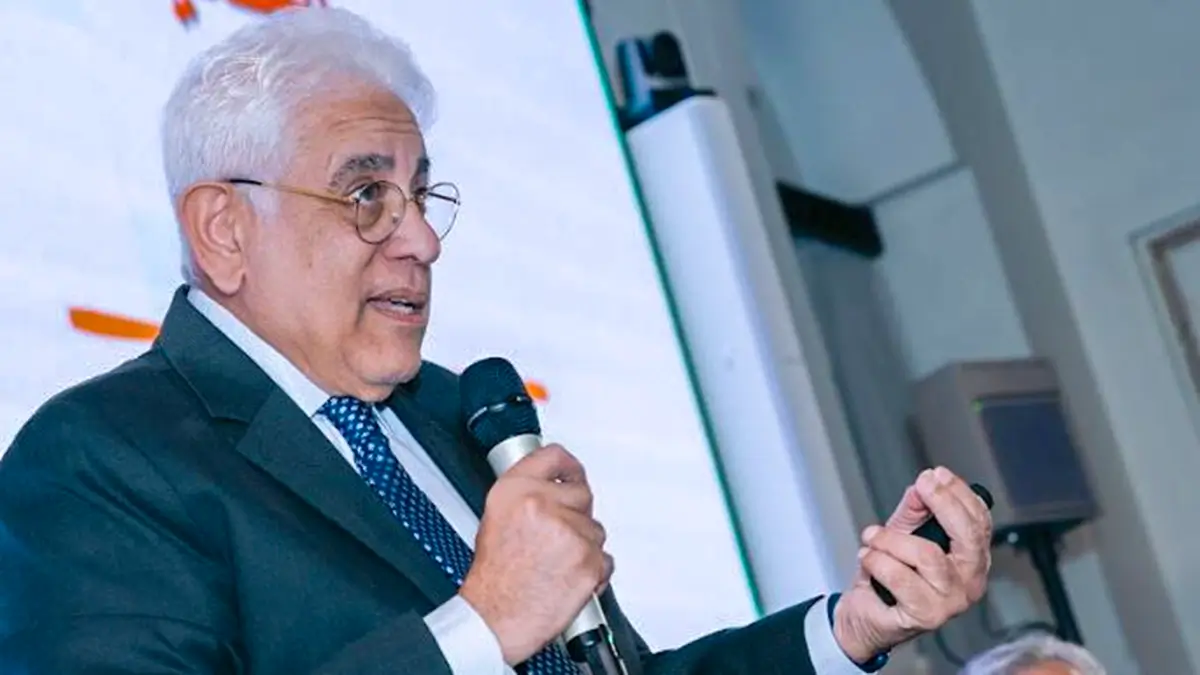
An empty rehearsal before the real legislative showdown
Against this backdrop, the August senatorial elections are seen as a dress rehearsal for the November elections for the House of Representatives, where legislative power is really at stake. ‘The Senate is a showcase; November is what matters,’ said a Mostaqbal Watan official.
The question is not who will win, but how long this empty model of representation can be maintained. The exclusion of candidates, absolute control of the media and the lack of new voices create a scenario of political risk. The growing fear among reformist sectors is not a response to a sudden uprising, but to a silent accumulation of ignored frustrations.
Without structural reforms, what is currently presented as an electoral process will end up consolidating a democratic façade that legitimises power but does not represent the will of the people. As Badrawi warned: ‘Form without content does not confer legitimacy. And those who repeat their mistakes cannot escape them.’



